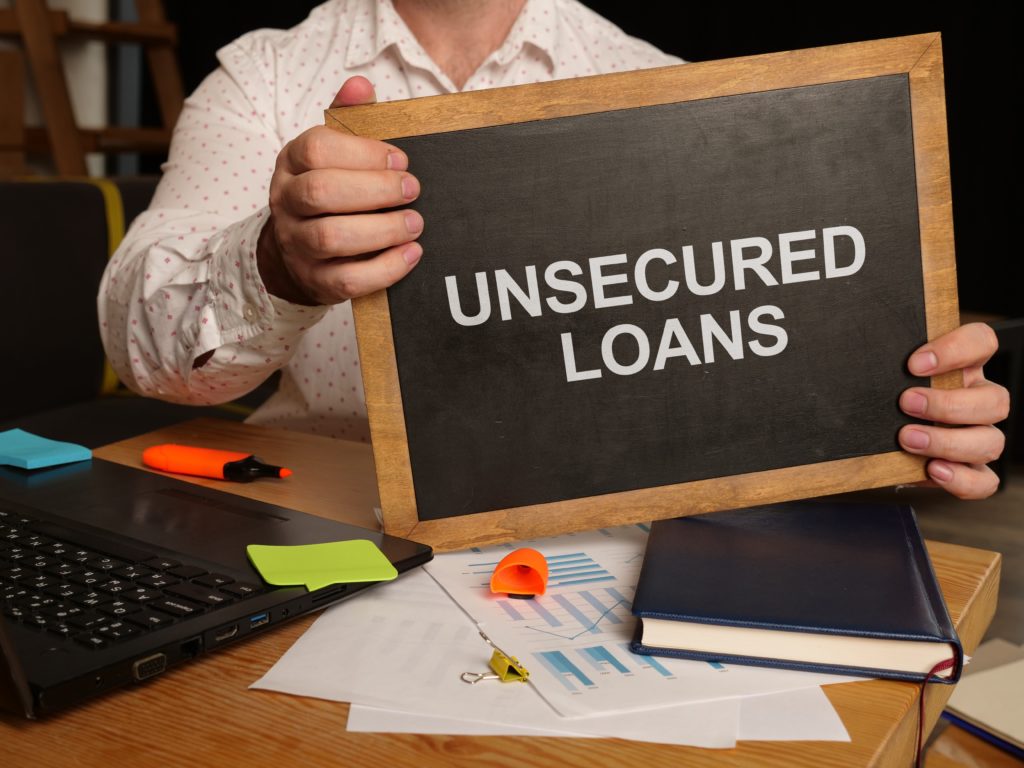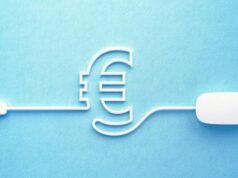If you picture your everyday budget as a finely tuned set of scales, an unexpected expense can throw that balance out of whack. From a burst tire on the way to work to a medical emergency that requires an immediate procedure, these unforeseen situations often cost more than the “uh oh” money the average person has on hand.
How do you handle this stressful situation? If you don’t have savings, you might turn to a loan for help.
As you search for something that kicks in fast, you might come across unsecured personal loans from MoneyKey. You need to know how the word “unsecured” affects your borrowing experience. The word may not mean much to you now, but it tells you a lot about what to expect if you’re approved — not just from a financial institution like MoneyKey but any lender out there today.
First, a Primer on Security
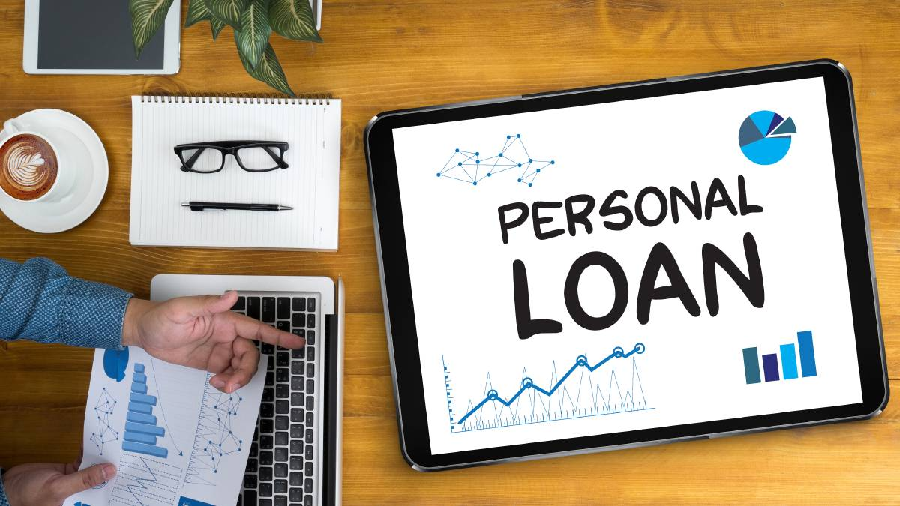
Your chance of a loan with any lender boils down to how risky you look to that lender. They will only grant you funds if your financial situation indicates you’ll pay them back on time.
Everything from your credit score and income to the size of the loan factors into this decision.
Sometimes, even your belongings can affect the risk you pose.
That’s where security comes into play. A secured loan requires you to support your application with an asset, which hangs in the balance during your term. Houses and cars tend to be the most popular asset used in these arrangements as support for mortgages and car loans, but a variety of things can stand in for security.
Don’t worry — you aren’t giving away your prized possession to get a loan. This offer is a means of shoring up your application to make you look more reliable to lenders.
In other words, you’ll keep this asset — or collateral, as it’s also known — as long as you pay your loan back on time.
That said, if something prevents you from repaying on time, your lender well has the right to claim your collateral as payments.
One late payment may not be enough to tip the scales, but things get serious once you miss several due dates. These bills have to go unpaid for a few months (or more) before a lender takes their due. Chronically delinquent homeowners go through foreclosure, while delinquent drivers have their vehicles repossessed.
TL;DR: The Important Facts About Security
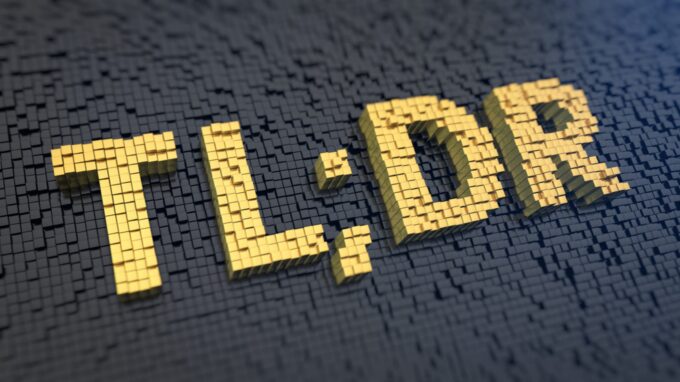
From a lender’s point of view, collateral provides more security to the arrangement, as they can recoup the cost of your property if you can’t pay them back.
That’s why it’s so important that you understand what’s on the line with a secured loan, and if you apply for one, you’re 100% sure that you can pay it back. Otherwise, you might have to say goodbye to your car or home.
Now that you know what a secured financial product entails, how do you feel about it? Maybe you don’t feel great about putting up something you value as collateral. Or perhaps, you don’t have an asset to provide.
Don’t worry — you have another option in the unsecured loan.
What Are Unsecured Loans?
In the financial world, unsecured loans refer to all those arrangements that don’t require collateral. Without a piece of property shoring up your application, you have to prove to a lender that you’ll be responsible in other ways.
Usually, lenders assess your risk according to the following financial information:
- Creditworthiness (past borrowing history)
- Employment history
- Income
- Pay schedule
- Debt-to-Income ratio
Knowing these stats can help them get a bead on your financial abilities. Here’s how:
- Your credit report shows whether you’ve been late paying other loans back in the past.
- Your employment history and income prove you are paid enough money on a reliable schedule.
- Your debt-to-income ratio tells your lender how much of your money already goes to existing debt, giving them an idea of whether you have enough cash at hand to cover future payments.
Understanding Unsecured Loans
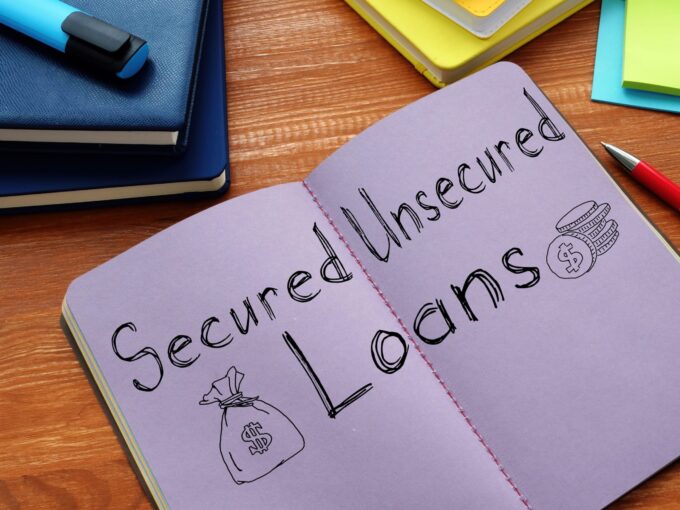
You have to consider how removing collateral from the equation affects your borrowing experience.
- No Collateral Requirement: Unsecured loans don’t jeopardize your assets in case of default. Make no mistake, there are other consequences to not paying your bill, but you didn’t sign a contract saying a lender can repossess your car in case you fall on hard times.
- Faster Approval Process: When it comes to unsecured options, your lender won’t have to appraise or verify your collateral. Removing this step may result in quicker approval so that you can get fast cash in an emergency.
- Qualifications: As mentioned earlier, collateral makes you less risky in the eyes of a lender. Without it, you may have a harder time meeting qualifying requirements based on creditworthiness. If bad credit complicates things, you may find more options online.
- Versatile Use of Funds: You can use an unsecured option for a variety of things, unlike secured mortgages and car financing that can only assist with purchasing a house or vehicle. Most legitimate online loan companies suggest you use unsecured loans for unexpected emergency expenses.
- Smaller Loan Amounts: Collateral is most often required when you’re borrowing a lot of money, like when you sign a mortgage. Last year, the average home cost $348,079. The average car loan was $22,612. Your lender wants insurance that you can cover a debt this big. Unsecured financial products usually offer a fraction of these borrowing limits.
- High Interest: You might have to pay higher interest using this option, although the exact cost you pay has many factors. You simply present a greater lending risk without collateral.
- Impact on Credit Score: While not all lenders will share your on-time payments with the credit bureaus, most will start reporting your late payments. Paying your bills late could ding your score as a result. Always make sure you have a repayment plan in place before you borrow.
The Takeaway
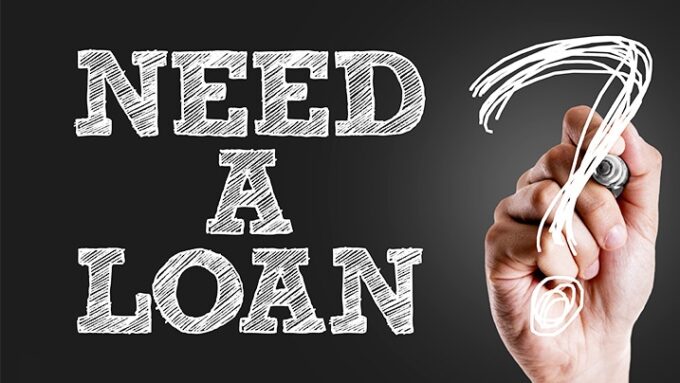
When you only need a little help to cover life’s unexpected expenses, an unsecured financial product could be the right option for you. It’s a merit-based loan. Rather than relying on collateral to gain approval, you’ll receive your funds based on your financial abilities.

